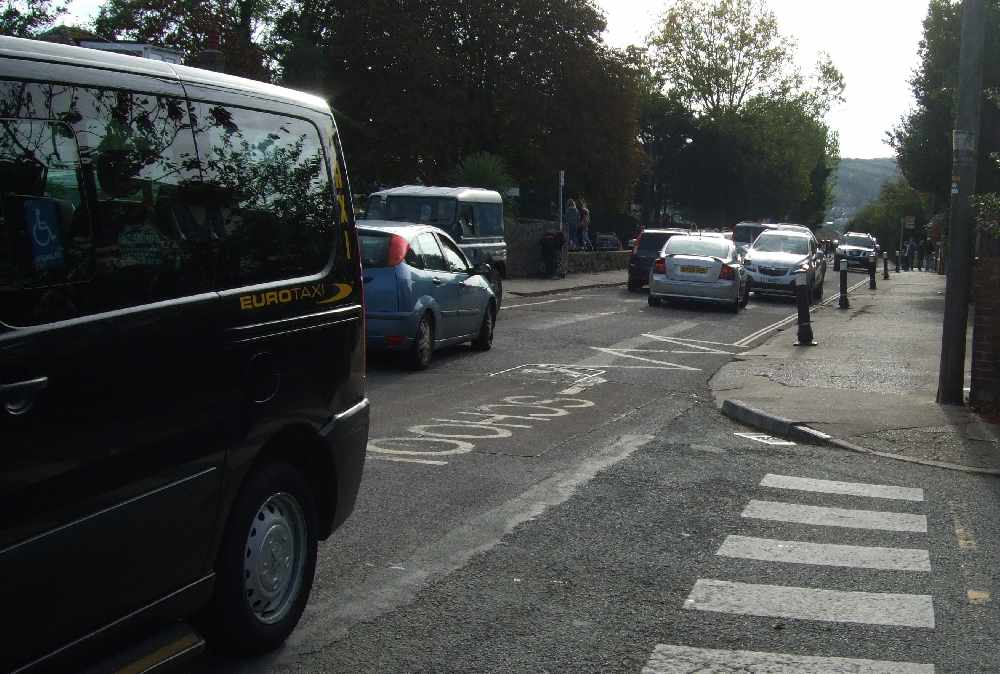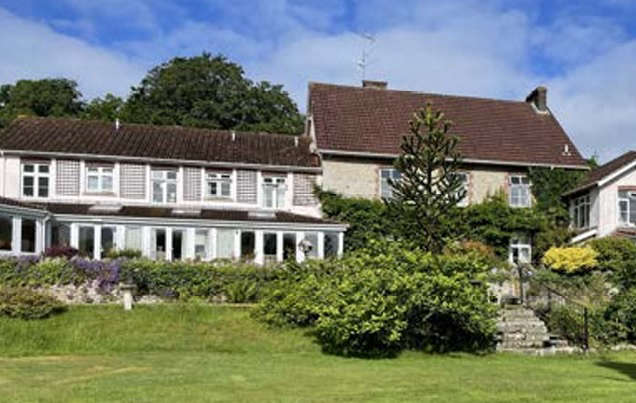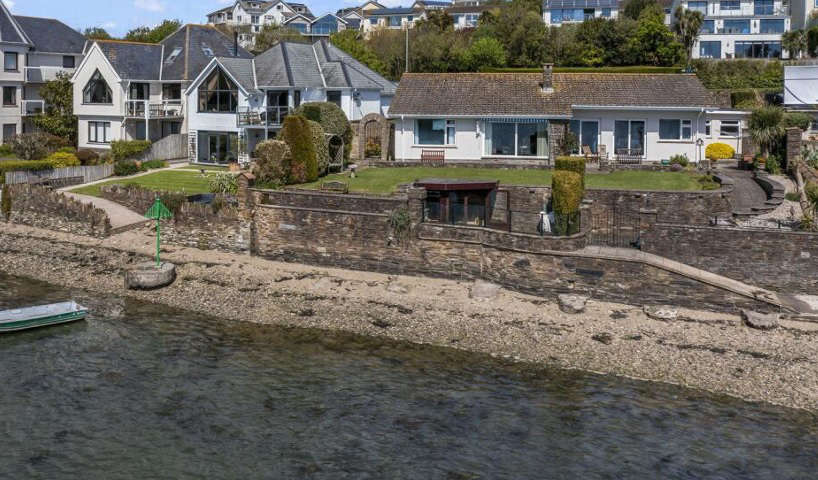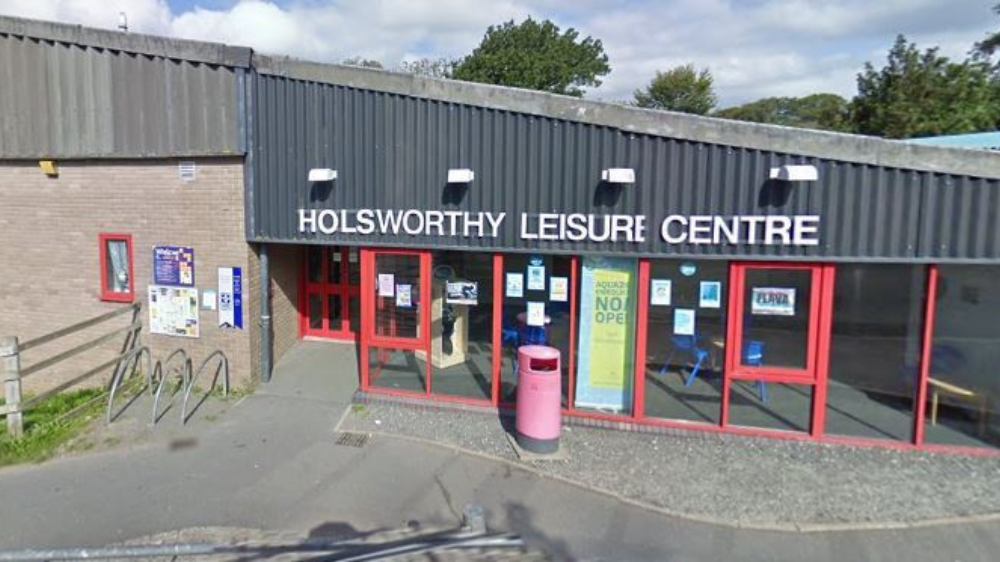
Task group set up to improve air quality struggle to change behaviour
A task group, set up by Devon County Council to look and to tackle air quality and congestion in Devon, have recommended that the council undertake a targeted behaviour change campaign, focusing on the reduction of short distance car journeys undertaken by parents to transport children to school and the reduction of engine idling, particularly outside schools.
The county council have a team of officers currently working with more than 20 schools across Exeter, Newton Abbot and Barnstaple to encourage pupils (and staff) to walk, cycle or scoot to school. Since March 2017, they have engaged with over 40 schools, delivered over 500 sustainable travel events and reached over 40,000 pupils directly, Tuesday’s meeting of the Corporate Infrastructure and Regulatory Services Scrutiny Committee were told.
But councillors said that the biggest problem was getting people to change their behaviour. Cllr Ray Bloxham said: “Changing people’s behaviour on the ground is the real difficulty. We have done a lot of works with schools but getting people to stop people driving to schools is like drawing teeth. It is very difficult and we need more solutions to get over that hurdle, as I have been banging my head against a brick wall trying to tackle with schools in Cranbrook.”
Cllr Jackie Hook added half a member of staff could be retargeted into the whole school travel issue around congestion towns and villages. She said that officer would engage with schools that haven’t until now and come up with a travel plan that they haven’t already, adding: “There are some schools that have a high number of children who travel by car who don’t need to, although I accept harder to tackle in villages.”
The group agreed that where possible, children should be encouraged to walk or cycle to school to replace these journeys as the school rush contributes directly to air quality and congestion issues.
But the idea of asking the cabinet to deploy a dedicated officer directly into schools in heavily congested areas was rejected by the committee.
The committee also chose not to take forward a suggestion of funding bus passes for 16-20 year-olds as the cost would be too prohibitive.
It was one of the options suggested by a task force that had been asked to explore innovative solutions to traffic problems in the county, but Dave Black, Head of Planning, Transportation and Environment, said that it would cost around £4m-6m a year to set up a program, and ‘once you set it up, you are set with it for life, as it would be very difficult to take away’.
He added: “While this may seem straight forward in theory as there is already a well-established system for the existing bus pass scheme, in practice there are some significant differences which make the introduction of a young person’s bus pass more challenging.
“As there is no national requirement for a young-persons pass DCC would need to negotiate with providers, with no guarantee that they would sign up for such a scheme. As such, introducing a county wide young person’s bus pass would likely be a complex and resource intensive process.
“Young people’s travel habits already tend to display low proportions of car use therefore the benefit of further incentivising public transport is likely to be relatively low.
“In the absence of a statutory requirement for transport providers to accommodate a pass, the existing support available to young people to access public transport, and the limited expected impact of introducing a new bus pass, Devon County Council at this time does not consider that providing a young person’s bus pass as recommended by the Task Group presents good Value for Money.”
The committee though did agree to explore if there were other ways to encourage younger people to use public transport.
Cllr Hook added: “Although having a pass is a good idea, it is no good if there are no buses for them to travel on.”
Cllr Bloxham added: “As a user of concessionary bus pass, it is wrong that those who can contribute to it don’t and make it more sustainable. Lots of youngsters would benefit from a contributed scheme where they pay a modest sum at the start and then travel for free for as much as they want over a six month or a yearlong period.”
A report on the success of the current Access Fund, a three-year programme of engagement and events funded by a £1.5million grant won by the council through a competitive bid process to encourage and support active travel in schools, will be produced and will come to the committee, as will a report on how the schemes in the Local Transport Plan to cut congestion are progressing.
 'Bad deal' blast over Churston solar farm
'Bad deal' blast over Churston solar farm
 Bovey Tracey holiday homes plan rejected
Bovey Tracey holiday homes plan rejected
 Broadside for 'incongruous' Kingsbridge waterside home
Broadside for 'incongruous' Kingsbridge waterside home
 Police investigating burglary and fraud in Exeter
Police investigating burglary and fraud in Exeter
 Torridge taxpayers safe from leisure collapse
Torridge taxpayers safe from leisure collapse
